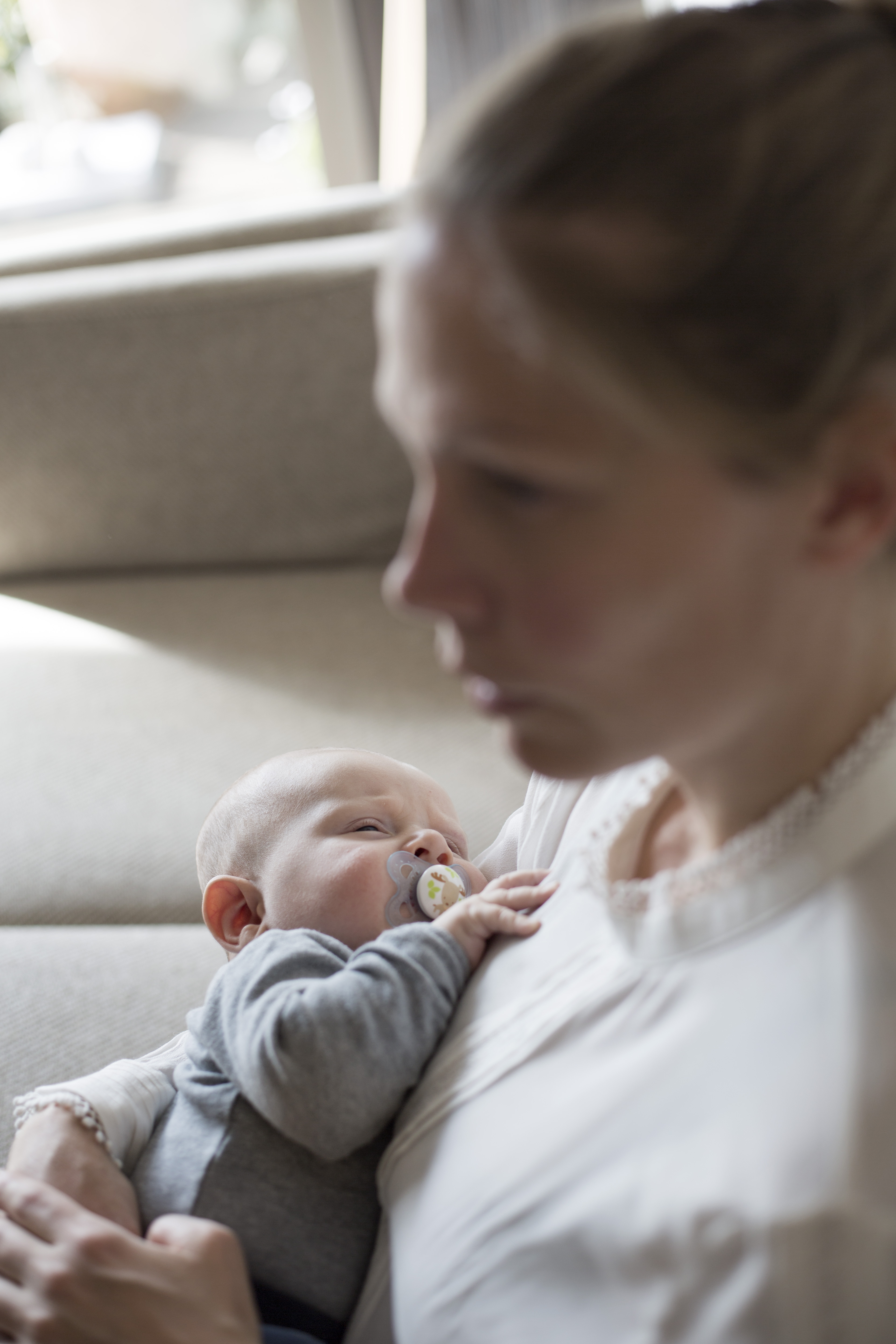DKK 5 million for research into mental disorders following childbirth
Trine Munk-Olsen from the National Centre for Register-based Research has received a grant of DKK 4,972,337 million from the Lundbeck Foundation. The grant will go towards developing a risk calculator that can predict which new mothers have a particularly high risk of developing postnatal depression, and thus where action must be taken to anticipate the depression.

Mental disorders following childbirth have serious consequences for mother and child. The attachment between mother and child is at risk, and both are in danger of developing more depressions later in life. In tragic and extreme cases, suicide has been reported.
Postpartum mental disorders are the most common forms of psychiatric complications following childbirth. 10 to 15 per cent of new mothers are diagnosed with postnatal depression. 0.1 per cent develop a postnatal psychosis.
However, the figures do not need to be so high.
“If we can identify which mothers are at risk, we can start preventive treatment early and thus potentially prevent that so many mothers develop a postnatal depression. If the mother has already developed a depression, we can treat the depression at an early stage thus helping the individual mother and her family faster,” says Senior Researcher Trine Munk-Olsen from the National Centre for Register-based Research at Aarhus BSS.
Together with her research colleagues, Munk-Olsen will be the first in the world to try to develop a tool that can calculate which mothers have a particularly high risk of developing a mental disorder following childbirth.
The same computational tools are used in relation to physical illnesses, for example for calculating which patients are at risk of developing a cardiovascular disease. Munk-Olsen believes it is possible to develop a similar calculation model for mental disorders:
“The development of a risk calculator will require several steps, and these will be the focus of the research project. The ultimate goal of such a calculator is to be able to predict with great certainty who is at particular risk of falling ill. At the same time, we also need to avoid scaring the mothers with our message,” says Munk-Olsen.
In their work, the researchers will use registry data from 2.8 million Danish mothers as well as data from the newly-started research project HOPE (www.hope.au.dk) on postnatal depression. In this project, mothers can answer questions about symptoms of postnatal depression via an app. The many unique Danish data sources and registers can provide an overview of the mothers’ previous illnesses, their use of antidepressants, their birth complications and socio-economic status. By combining all available data resources, the researchers hope to be able to anticipate which women are at risk of developing a mental disorder following childbirth.
Contact information:
Trine Munk-Olsen, associate professor and senior researcher at the National Centre for Register-based Research, Aarhus BSS
tmo@econ.au.dk
+45 87 16 57 49/ +45 51 50 51 61
